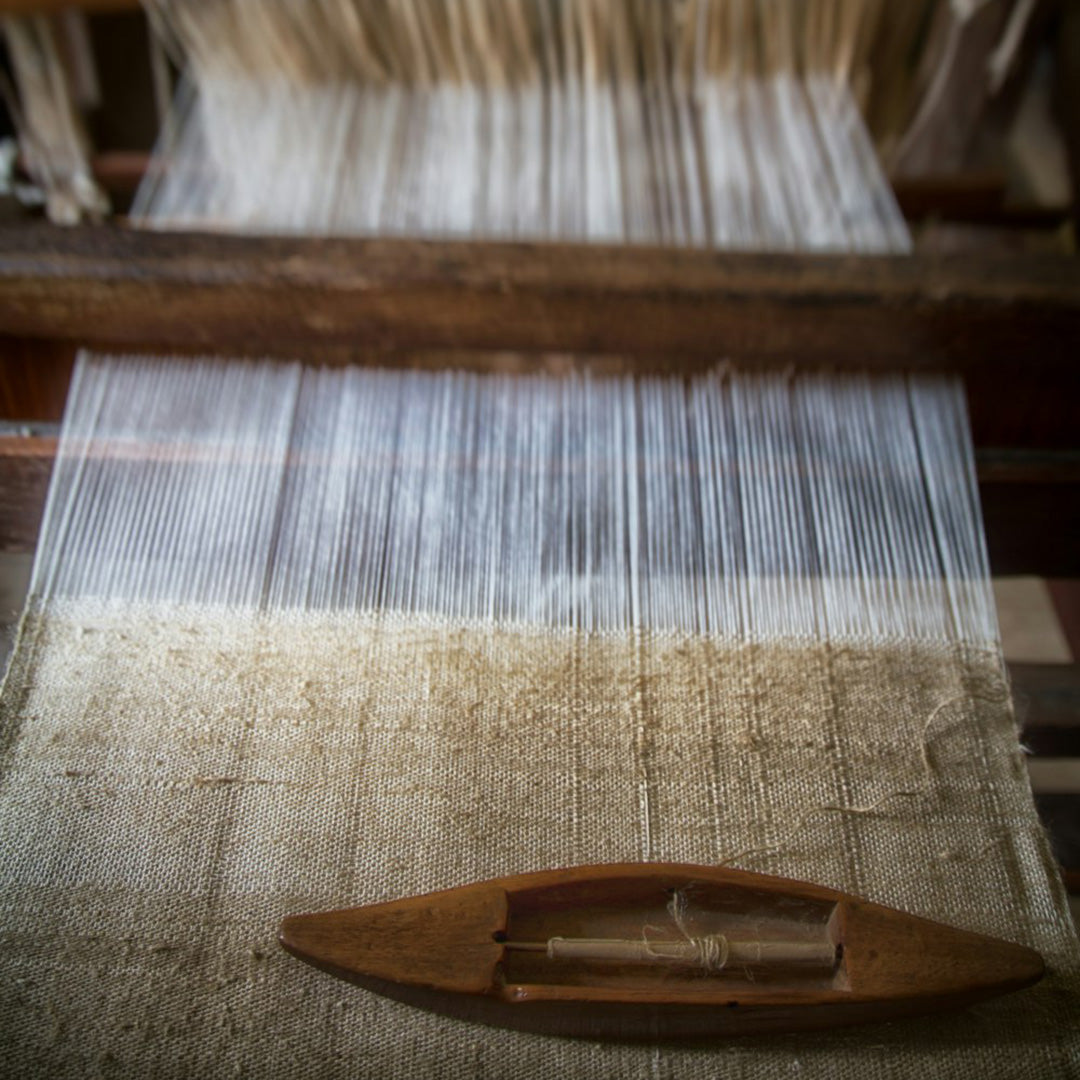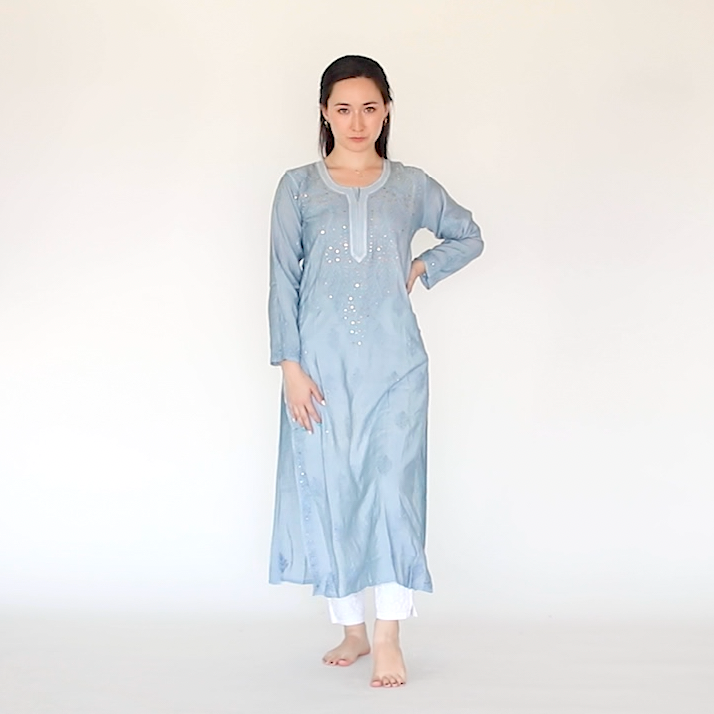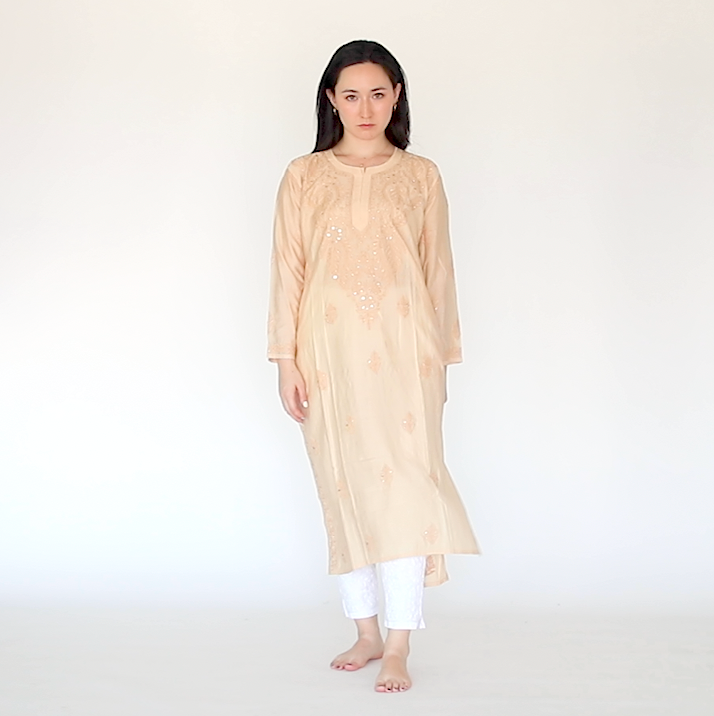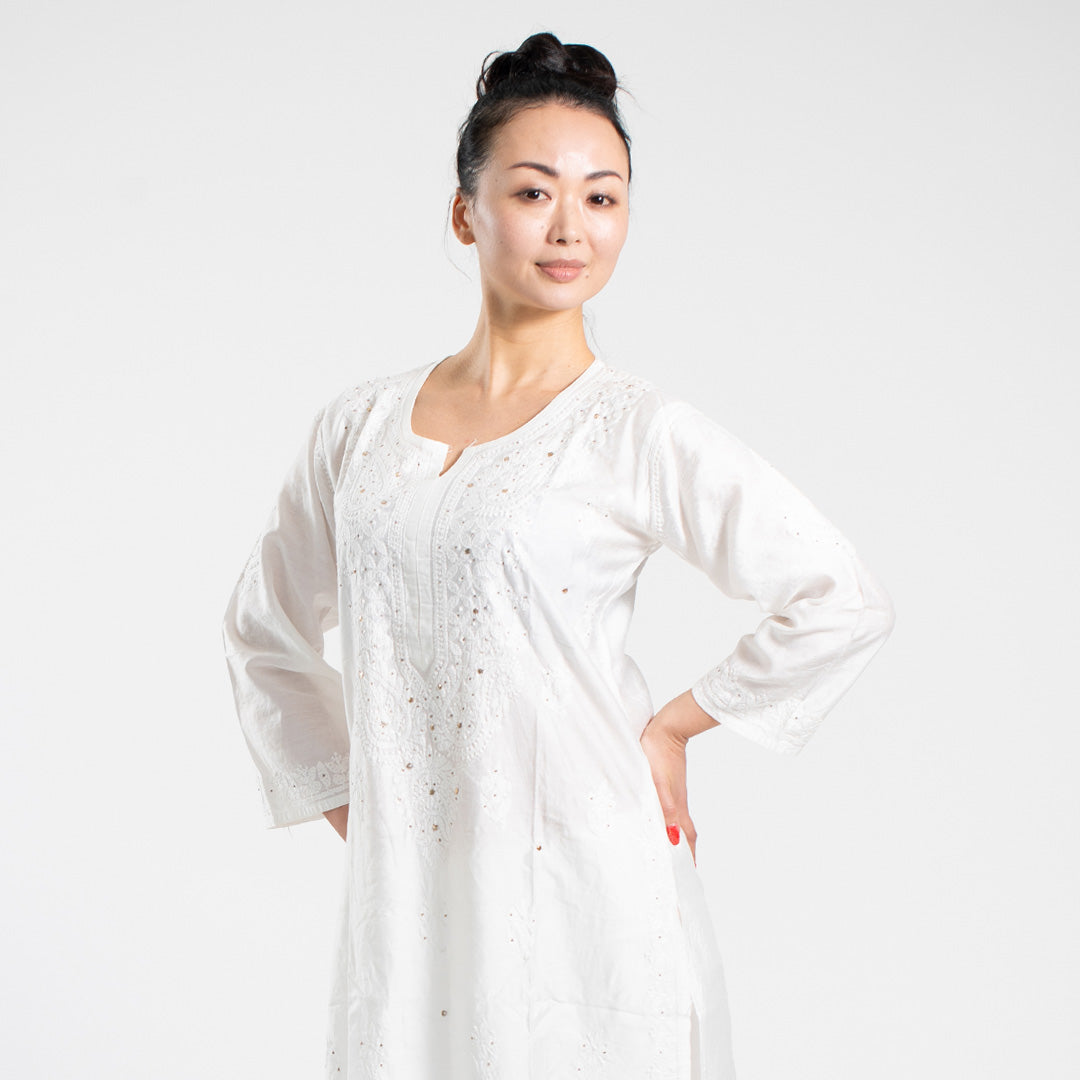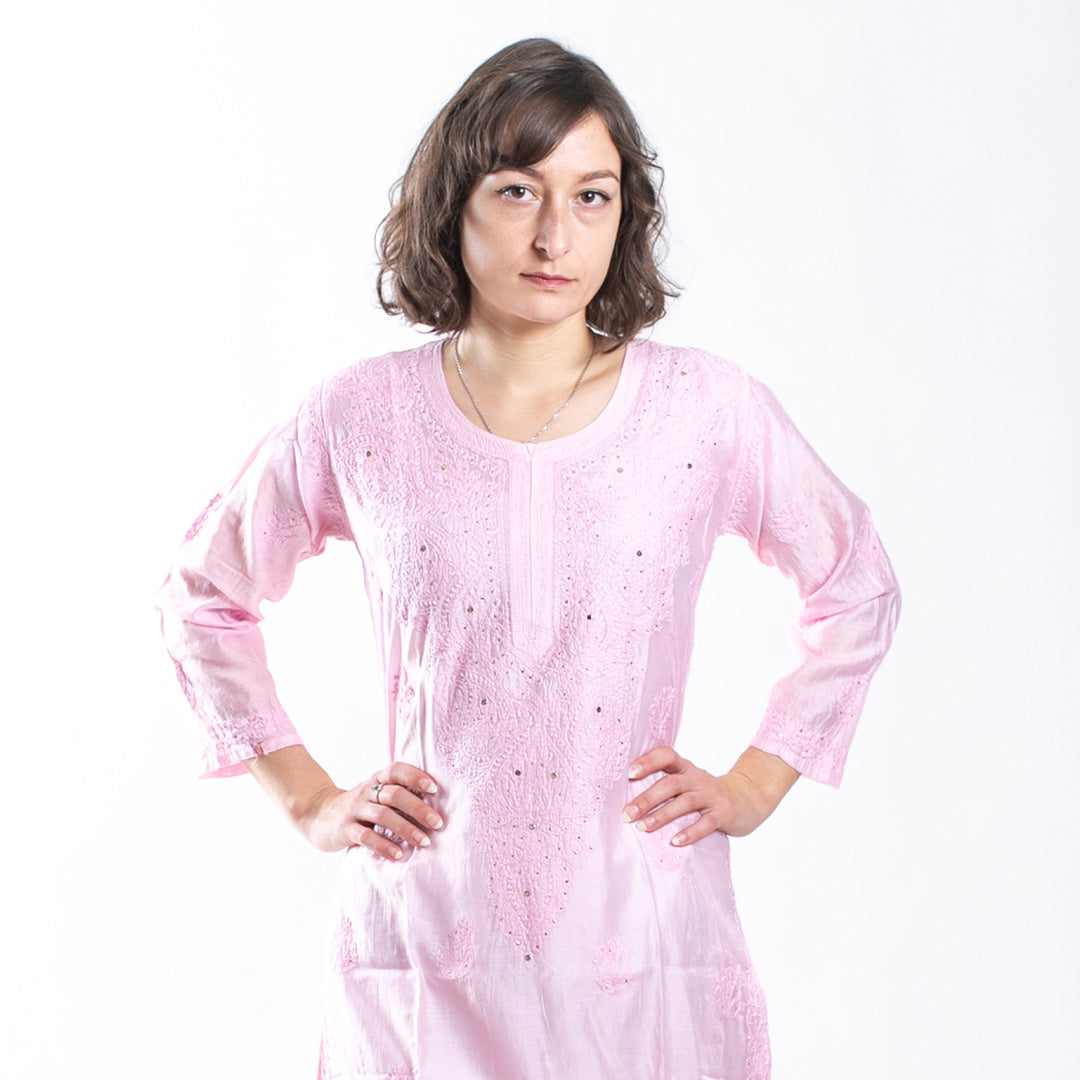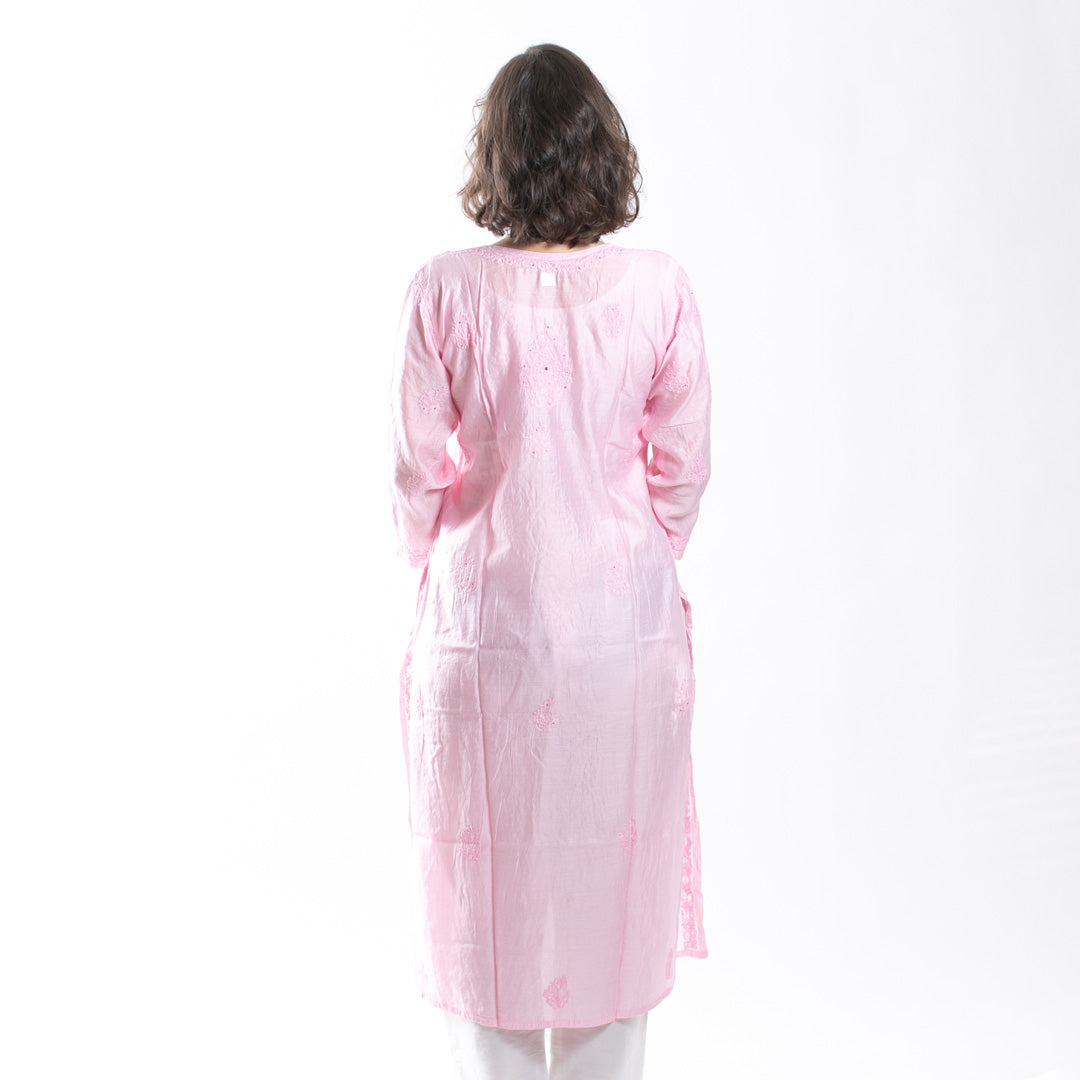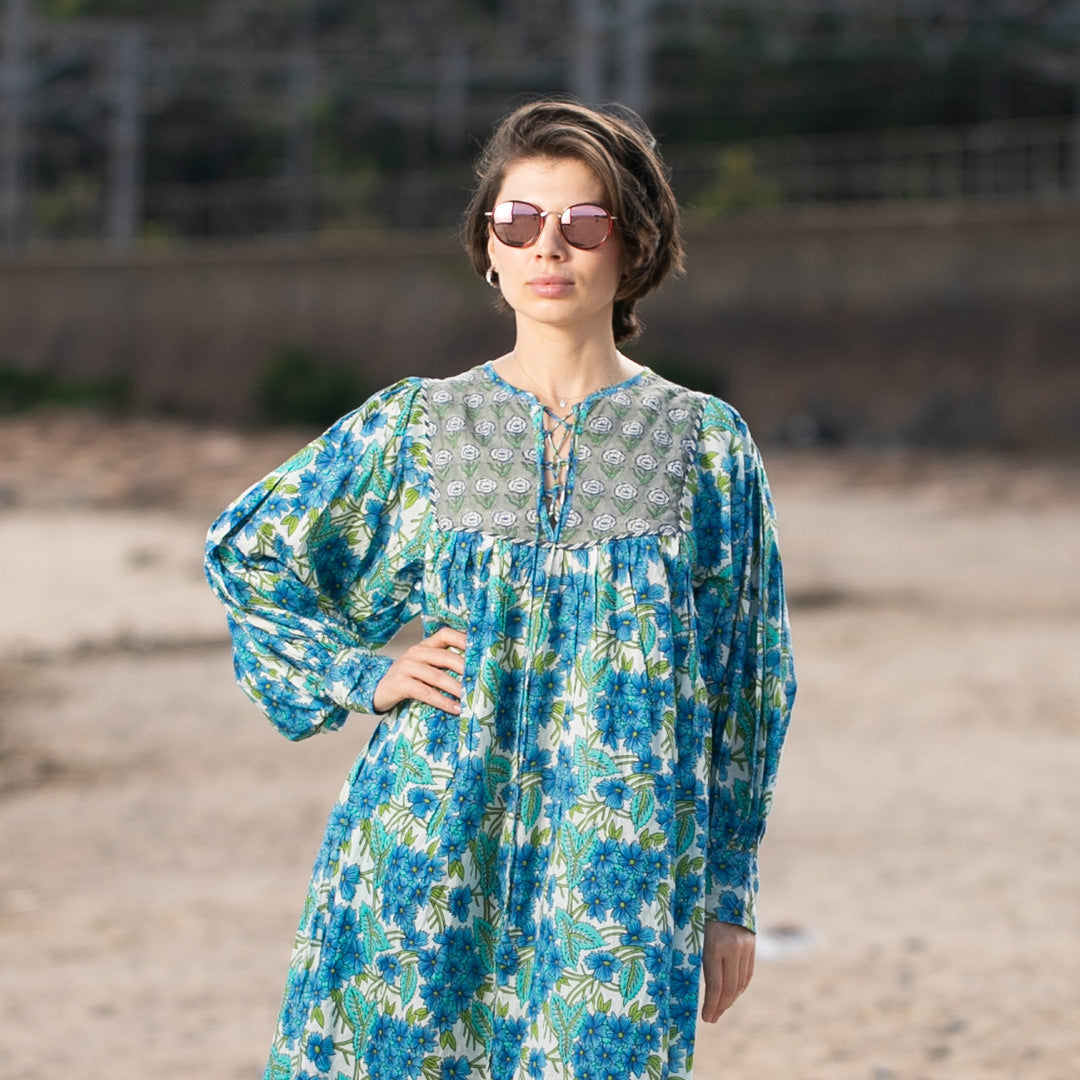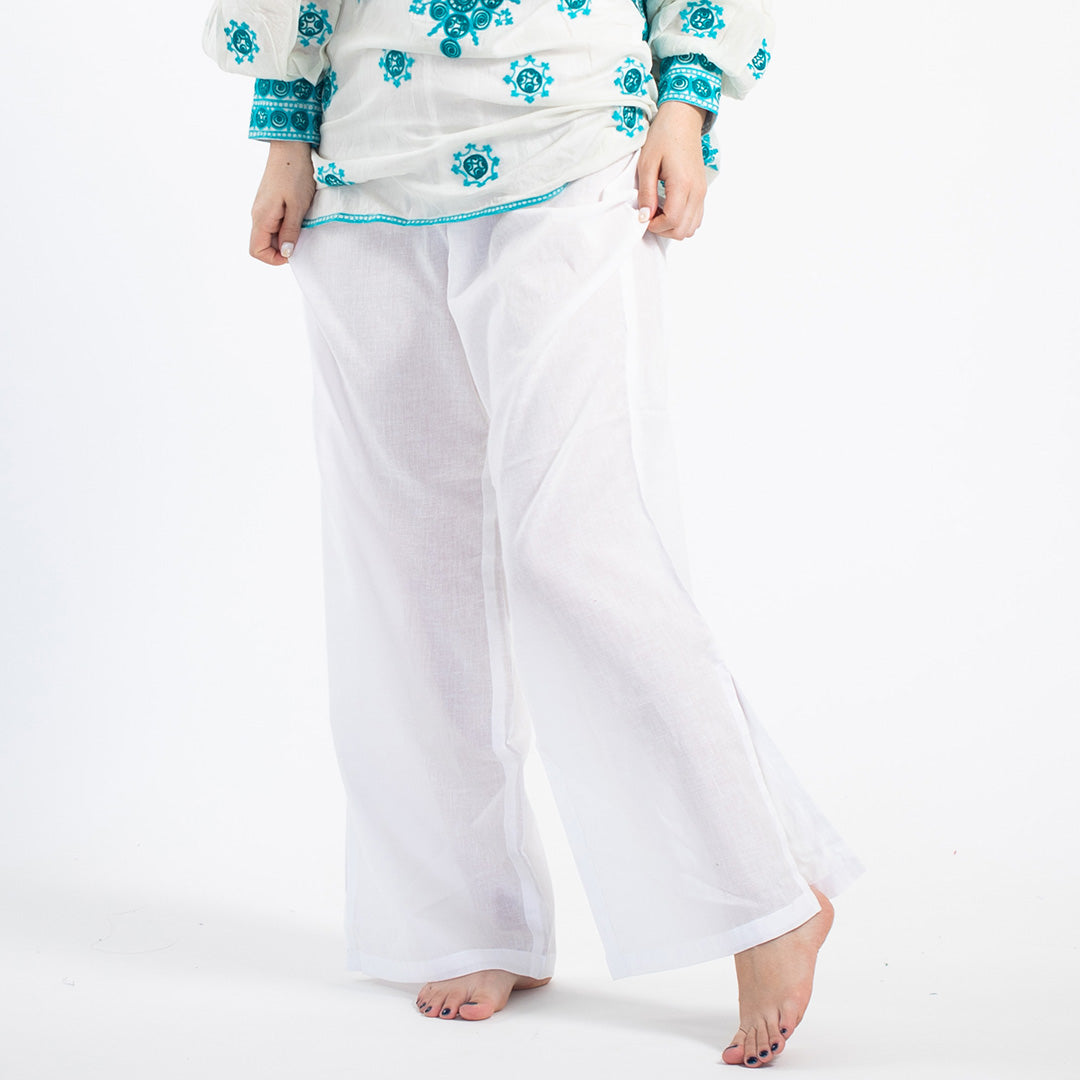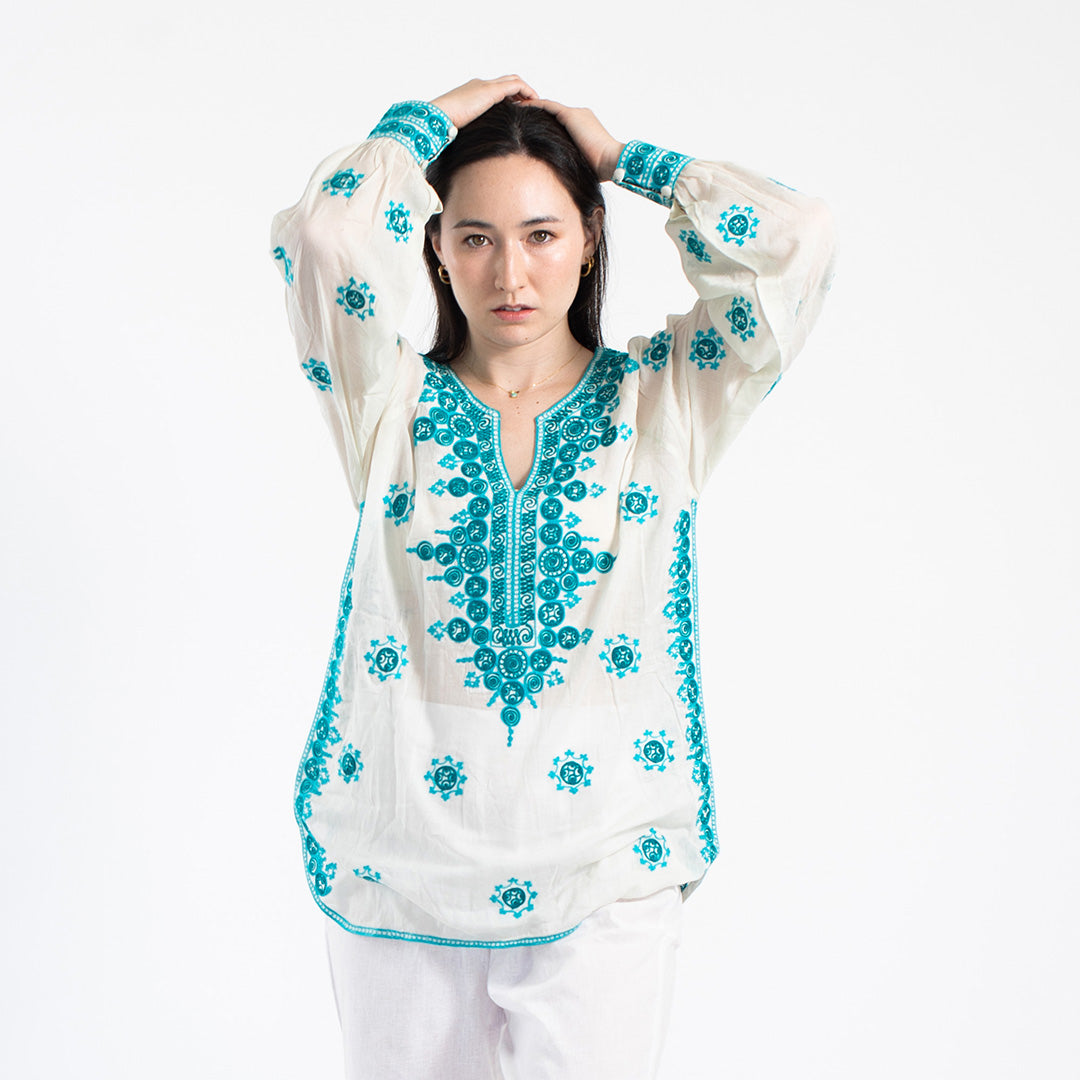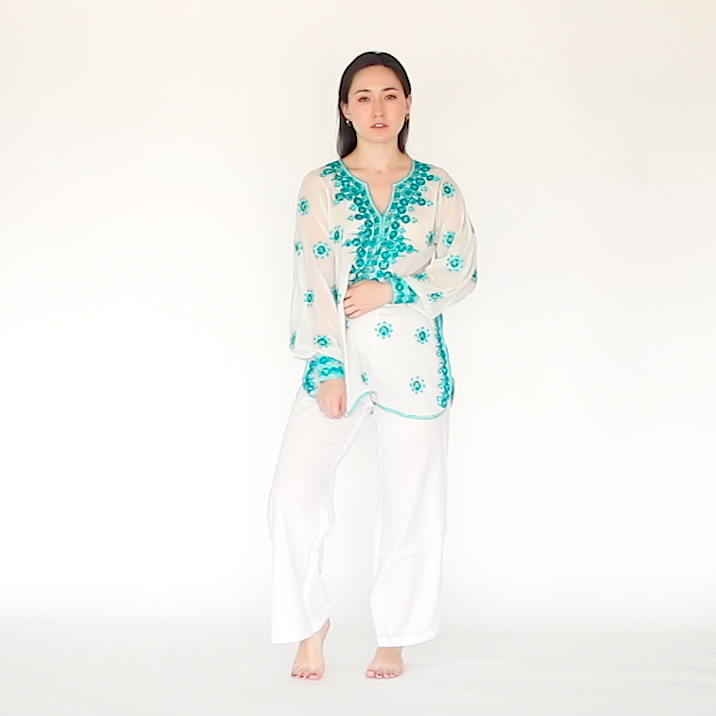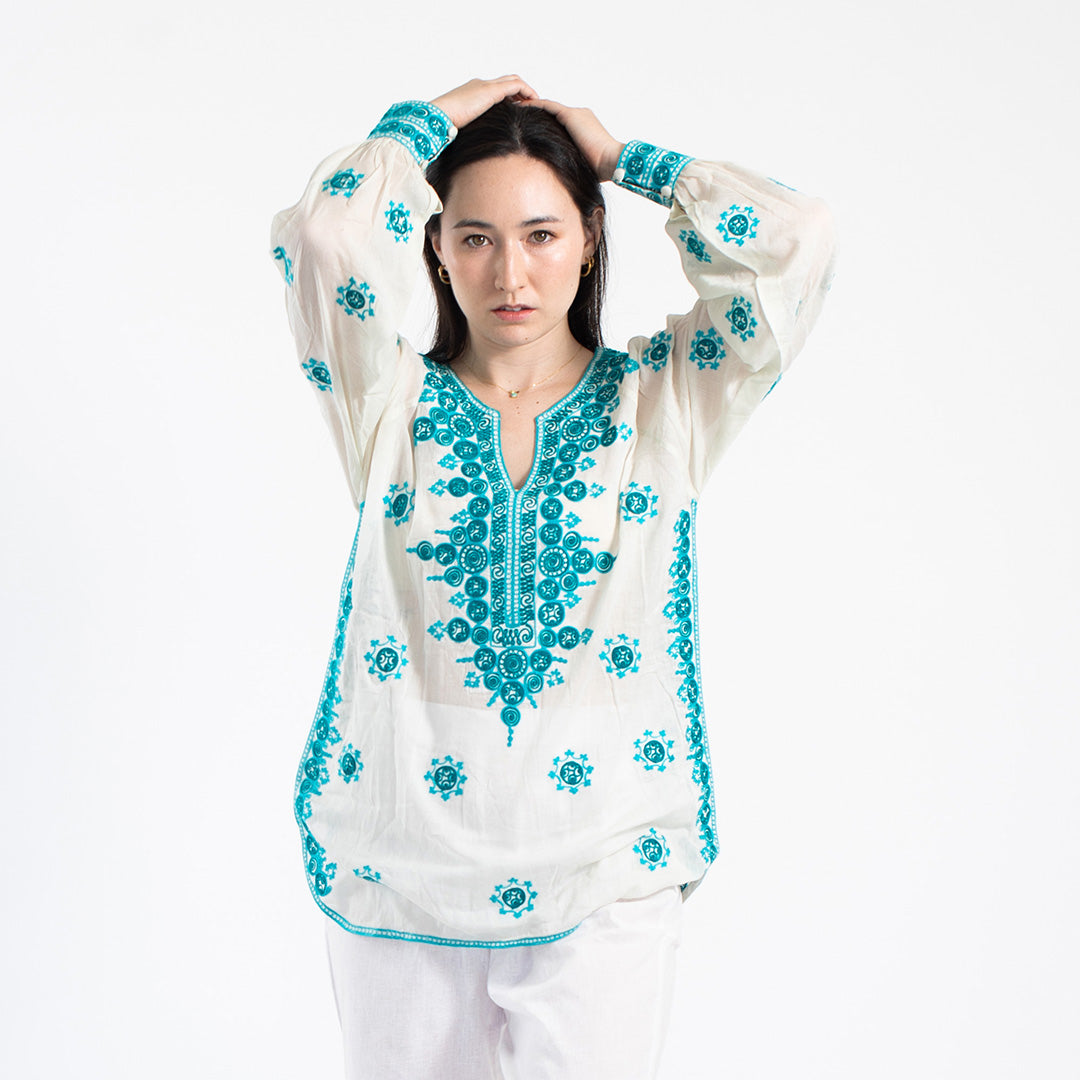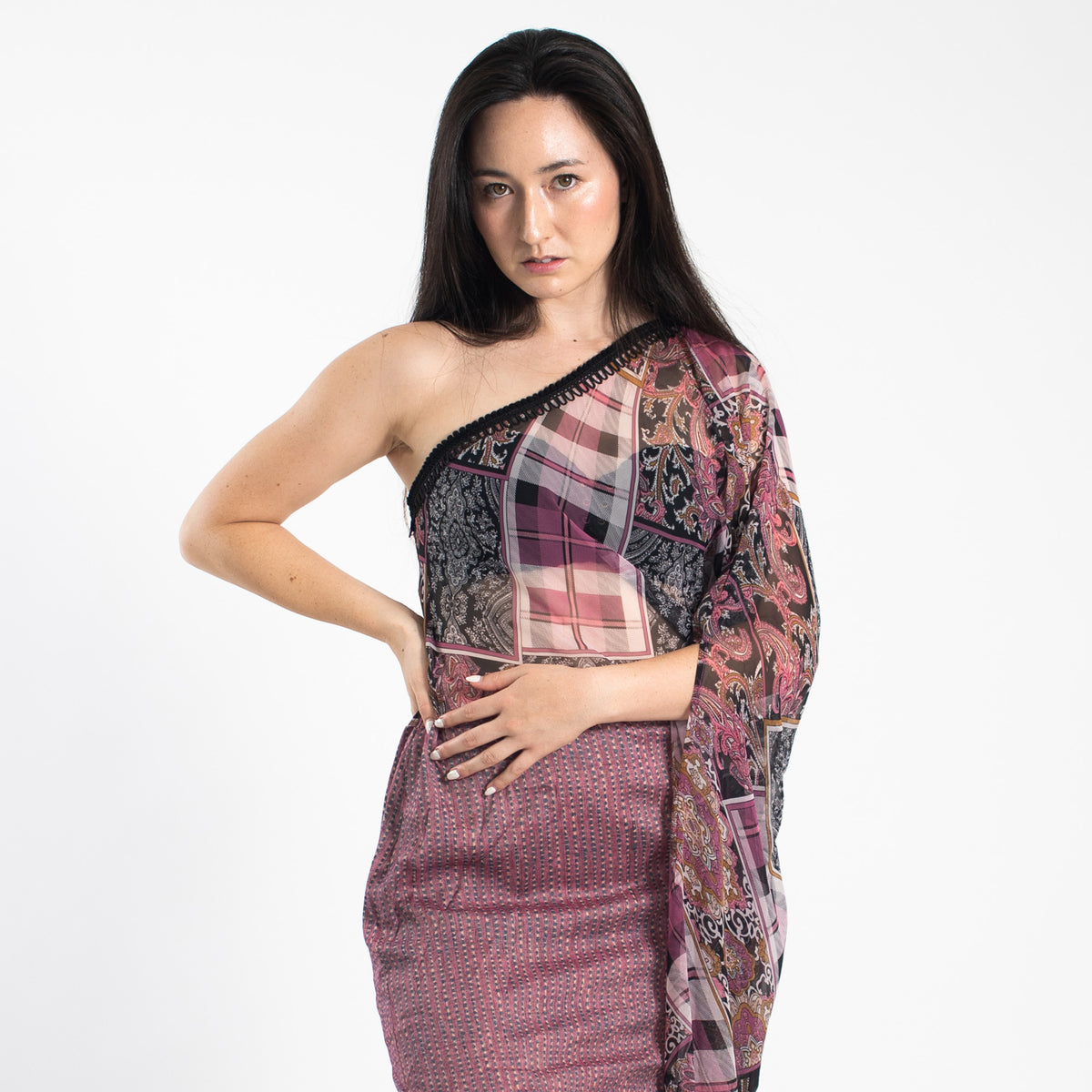Made from the fibres of the flax plant, linen has deep roots in Indian history, dating back to the Indus Valley Civilisation. While India is known for its cotton and silk, linen has played a vital role in its textile heritage. 
Linen production in India supports the livelihoods of local artisans, contributes to the rural economy and preserves traditional crafts. With an increasing demand for sustainable fashion, Indian linen, with its unique quality and artisanal appeal, is well positioned for growth. Government initiatives to promote textile exports and sustainable practices have further enhanced its prospects, making it a significant player in the global market. 
Major manufacturing hubs include Maharashtra, Madhya Pradesh and northern India, where linen is processed into apparel, home textiles and accessories. Indian linen is known for its durability, breathability and natural feel and is exported worldwide to markets in the US, Europe and Asia. With the global fashion industry moving towards sustainable and eco-friendly fabrics, linen is becoming more popular with Indian brands promoting eco-conscious collections. 
Indian linen, a marriage of sustainability and traditional craftsmanship, has become a symbol of luxury in the global fashion market. International collaborations with prominent Indian designers have further enhanced its status by showcasing the fabric's elegance and sustainability. With a growing value of ethical and eco-friendly products in the luxury market, Indian linen stands out as a sophisticated and responsible choice, reinforcing India's rich textile heritage. 
Indian Linen: Timeless Elegance and Global Prestige
Linen, a fabric made from flax fibers, has a deep-rooted history in India, dating back to the Indus Valley Civilization. While India is more renowned for cotton and silk, linen has played a significant role in its textile heritage.
Linen production in India supports local artisans, contributing to rural economies and preserving traditional crafts. As the demand for sustainable fashion increases, Indian linen, with its unique qualities and artisanal appeal, is well-positioned for growth. Government initiatives promoting textile exports and sustainable practices further enhance its prospects, making Indian linen a significant player in the global market.
Key manufacturing hubs include Maharashtra, Madhya Pradesh, and Northern India, where linen is crafted into apparel, home textiles, and accessories. Indian linen is exported globally to markets in the United States, Europe, and Asia, known for its durability, breathability, and natural texture. The global fashion industry's shift towards sustainable and eco-friendly fabrics has boosted the popularity of linen, with Indian brands promoting eco-conscious collections.
Indian linen has become a symbol of luxury in the global fashion market, blending sustainability with traditional craftsmanship. Prominent Indian designers and international collaborations have further elevated its status, showcasing the fabric's elegance and sustainability. As the luxury market increasingly values ethical and eco-friendly products, Indian linen stands out as a sophisticated, responsible choice, reinforcing India's rich textile heritage.

